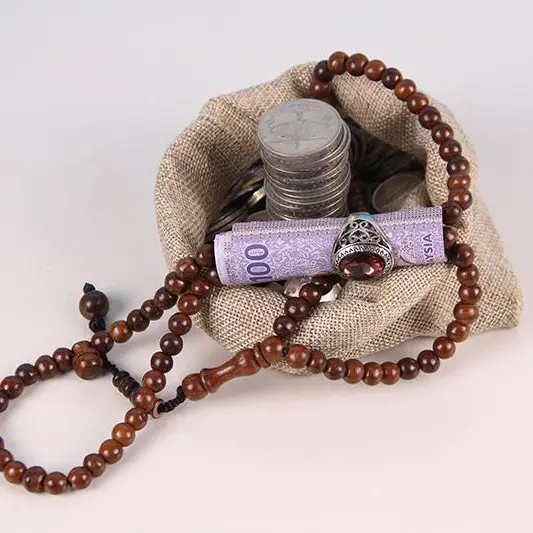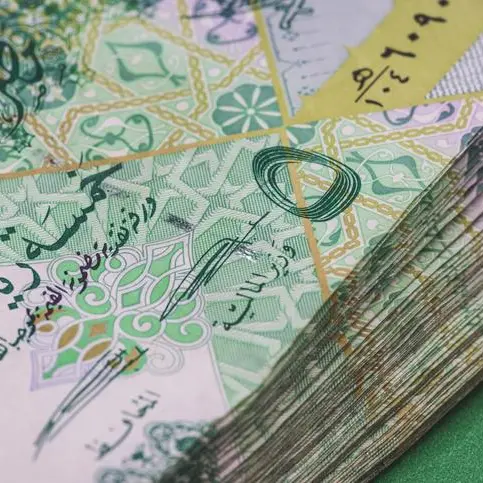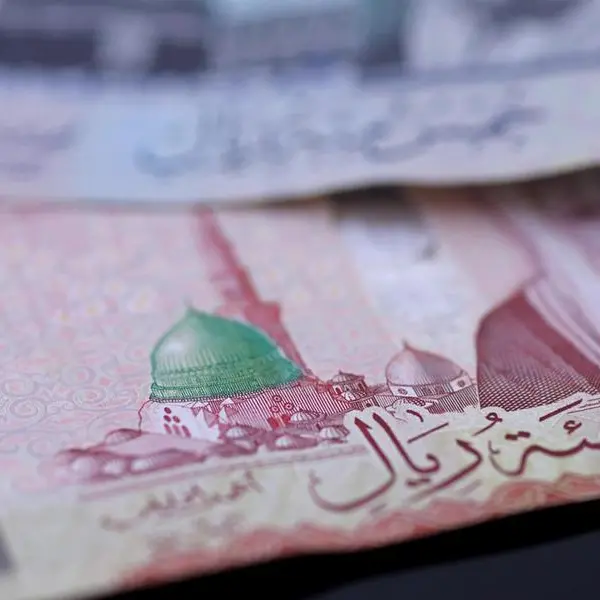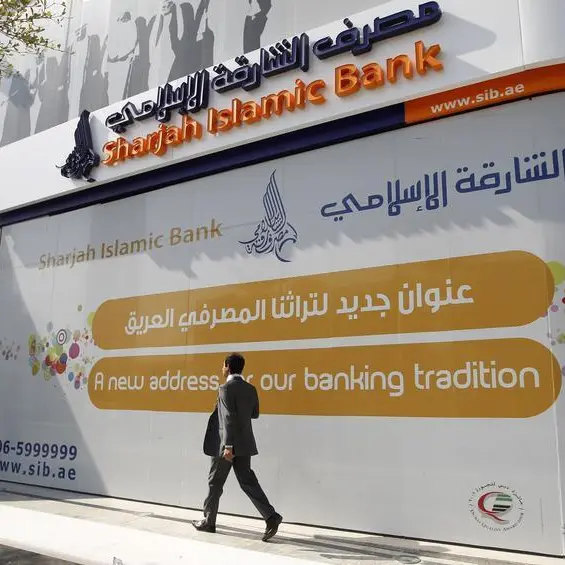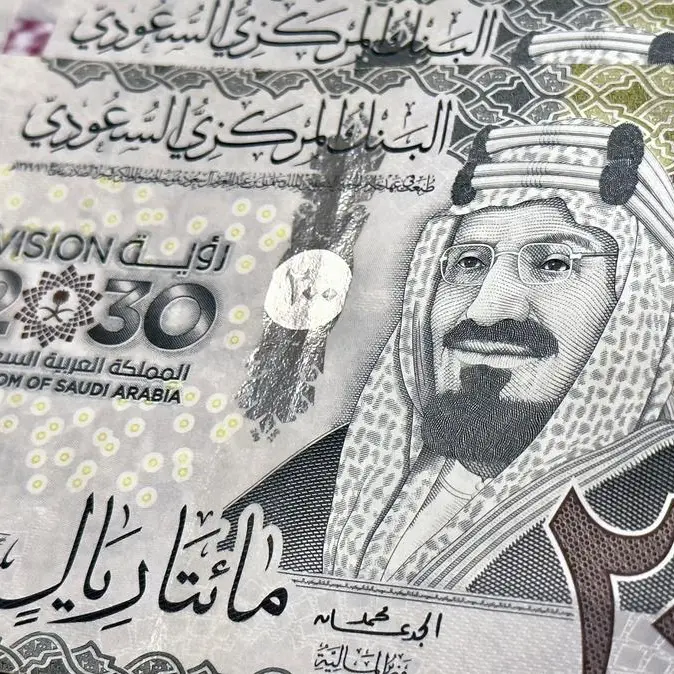PHOTO
The funding mix of Saudi corporates is evolving with noticeable increase in debt capital market (DCM) issuances, according to Fitch Ratings. In a new report the ratings agency said the DCM issuances are increasing at an average of 10% year-on-year.
"We expect DCM issuances to continue growing in the near term, supported by the private sector’s increased contribution to the overall economy."
In a regulatory push to diversify funding for corporates, the Saudi government is widening the investor base and creating a sustainable asset class. Bank funding represented nearly 98% of Saudi corporates’ capital structure in 2021, with the remainder being funded by equity and debt instruments, according to Fitch.
DCM activity remains predominantly Sukuk-based, accounting for nearly 100% of corporates’ fixed-income issuances in 2021. This compares with 66% for 2020.
Local Sukuk issuances (mostly unrated) have steadily grown in the local capital market, totalling 41% of DCM activity in 2021; versus 5% in 2019.
"We expect local and international issuance to continue growing in 2022–2023. We expect the large Islamic banking sector to drive domestic sukuk growth, increasing the contribution of DCM and equity capital markets to capital structure in the medium term."
The agency warned however, that challenges such as low-cost bank funding and still-developing regulatory framework may slow capital structure diversification.
Saudi corporates have also raised SAR32 billion through IPOs and equity proceeds on the MENA’s largest stock exchange. Equity proceeds represented nearly 74% of total funds raised on the debt and equity capital markets in 2021, a key differentiating factor for Saudi corporates compared to regional peers.
Fitch said it has excluded fixed-income and equity issuances raised by Saudi Arabian Oil Co. to avoid distortions.
(Writing by Brinda Darasha; editing by Seban Scaria)


